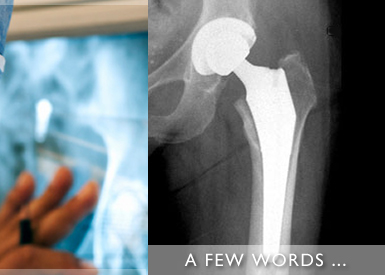Osteoarthritis affects many people in the UK and is characterised by mild to debilitating pain in the hands and joints such as knees, hips, feet and back. According to the Arthritis Foundation, the disease is most prevalent among individuals 45 years of age and older. Women are more prone to the disease.
|

A degenerative joint disease, osteoarthritis is one of the oldest and most common forms of arthritis. The disease causes cartilage breakdown found in joints. This breakdown removes the buffer between bones and the resulting bone against bone friction causes pain and eventual loss of movement. Symptoms include joint pain or aching (often after exercise or extended periods of pressure on weight-bearing joints) and limited or eventual loss of range of motion.


There are a wide array of factors that cause the development and progression of the disease.
Risk factors include:
- Ageing
- Obesity
- Joint injuries (sports, work or accidents)
- Genetics

An individual must seek the diagnosis of a physician. After a physical examination and full detailing of symptoms have been discussed, the physician may also recommend X-rays to confirm presence of the disease.

The treatment options for osteoarthritis, include:
- Joint and muscle exercises to improve strength and flexibility
- Weight management to relieve stress on weight-bearing joints
- Anti-inflammatory drugs for degenerative joint disorders
- Heat/Cold therapies
- Synovectomy (surgical removal of inflamed synovial tissue)
- Osteotomy (restructuring of the bones to shift stresses from diseased to more healthy tissue)
- Partial knee replacements (unicompartmental knee - replaces only diseased portion of the joint))
- Total knee replacement (used when severe osteoarthritis is present)
|



